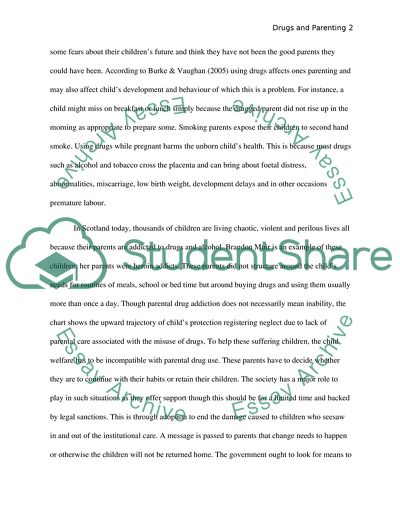Cite this document
(Drug Abuse and How They Affect Childs Development Research Paper, n.d.)
Drug Abuse and How They Affect Childs Development Research Paper. Retrieved from https://studentshare.org/health-sciences-medicine/1736456-drugs-and-parenting
Drug Abuse and How They Affect Childs Development Research Paper. Retrieved from https://studentshare.org/health-sciences-medicine/1736456-drugs-and-parenting
(Drug Abuse and How They Affect Childs Development Research Paper)
Drug Abuse and How They Affect Childs Development Research Paper. https://studentshare.org/health-sciences-medicine/1736456-drugs-and-parenting.
Drug Abuse and How They Affect Childs Development Research Paper. https://studentshare.org/health-sciences-medicine/1736456-drugs-and-parenting.
“Drug Abuse and How They Affect Childs Development Research Paper”, n.d. https://studentshare.org/health-sciences-medicine/1736456-drugs-and-parenting.


